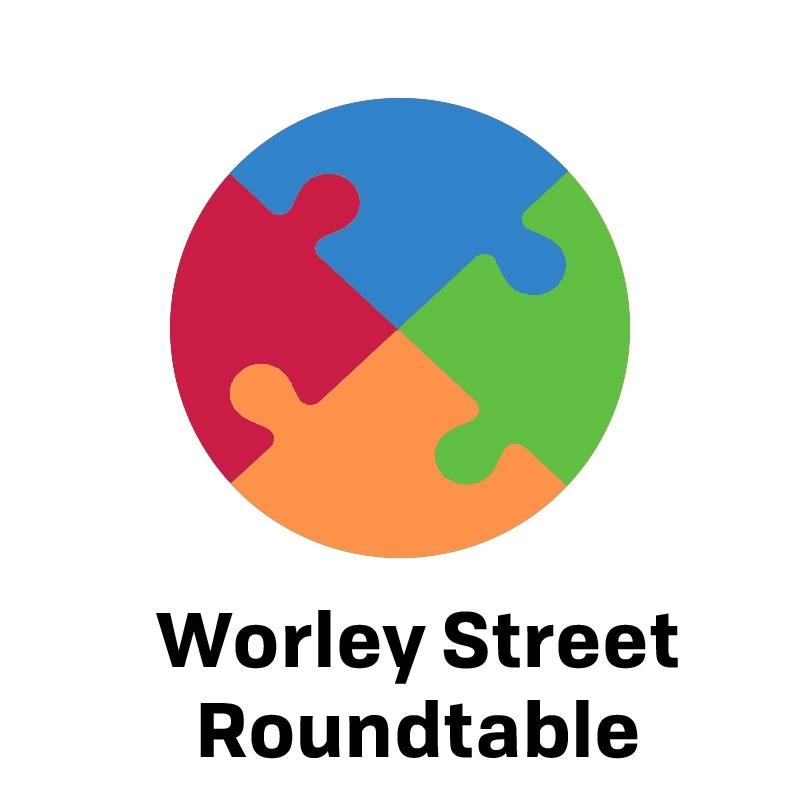
Adrian Clifton noticed something different when her son started attending kindergarten.
Back-to-back trips to the principal’s office and buddy room became a common occurrence. Clifton, as a mother of a black son, became concerned this treatment was racially motivated, regardless of unconscious or conscious biases.
In response to this, Clifton talked to her mother, a community activist, about ways to improve relationships between her son and his teachers. After these talks, Clifton founded Worley Street Roundtable.
WSRT is a support organization for students harmed by biases in school. It was founded in 2015 by a group of concerned parents, teachers and community members to give a voice to minority families and build a support system for parents who are struggling to advocate for their children.
“I’m a mother and a teacher,” Clifton said. “I saw the issues that I was facing and instead of continuing to go to my mom and complaining about them, we’re taking action to support families like mine and teachers like the one I am.”
WSRT builds many initiatives and has many goals for the Columbia community. It works with community members to create action plans with teachers and parents by going to parent-teacher conferences and holding monthly community dinners.
Working with teachers and school system, instead of against them, is one of the key aspects for WSRT members. They hope to bring love and family back to the community through communication.
“We are on a foundation of love, since I’m a teacher, you can’t go in attacking teachers because I know what we go through,” Clifton said.
The organization also works with MU students and faculty by providing lectures, workshops and internships.
“[MU is] always calling on us to come and talk about community engagement. How to impact these young minds to think more in the lines of building relationships with their community,” Clifton said.
Last summer, WSRT created a city-wide research study centered around the needs of the community. Using MU interns to collect and analyze data, the organization created a needs-based assessment of different families around the Columbia area.
Sadia Moumita, WSRT member and a junior in high school, is also working toward making classes at public schools more inclusive for minority students. She said that, despite being a high schooler, it doesn’t stop her from raising support for her strong beliefs.
One such belief is trying to create a more diverse Extended Educational Experiences program. The program — often verbally referred to as Triple E — allows gifted students to take more challenging and enriching classes at Columbia Public Schools. Sadia was able to have this experience but noticed a stark contrast in the type of students who were in attendance.
“There was clearly a racial bias towards having white students, who have the sort of privilege of higher IQs, and those were the only students that were a part of the program,” Moumita said. “There were very few Asian students that looked like me, and even fewer African American students.”
In looking for ways to bridge this gap, Moumita found WSRT and Missouri Faith Voices, an interfaith cooperation that address the causes of injustice, racial inequality and economic dignity.
Moumita worked as co-moderator with Clifton on March 13 for a debate between two school board candidates organized by WSRT and Faith Voices.
The Ed-X program is another initiative that WSRT is collaborating with Columbia Public Schools on. As the first teacher of color at her school, Clifton realized that minority children weren’t getting teacher role models that looked like them.
The program aims to fix this by reaching out to minority students who want to become teachers. WSRT provides them a summer internship with a teacher, a free scholarship to college and a guaranteed teaching position in Columbia.
Clifton said WSRT often creates events like this to build a bridge between schools and families in the community. She believes support from groups like WSRT provides parents a way to voice their concerns about biases in public schools.
“We’re just a village of advocators, who advocate for families and for teachers who are struggling,” Clifton said. “Particularly, families that don’t have the advocacy and the voice that we have.”
_Edited by Ethan Brown | [email protected]_